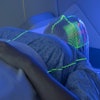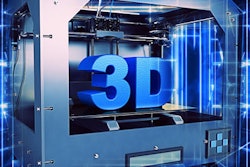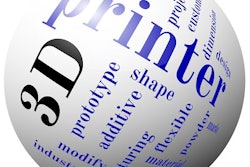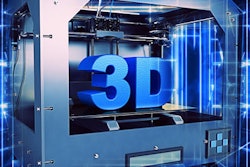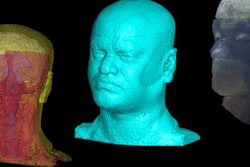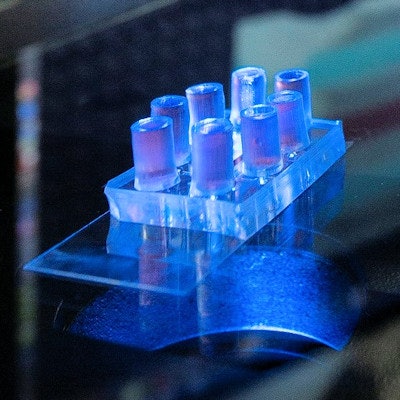
3D models could help decrease radiotherapy side effects, according to a study published online March 7 in Advanced Materials Technologies.
Researchers from the University of South Australia (UniSA) in Adelaide and Harvard University in Boston used organ-on-a-chip technology to develop 3D models to test the effects of different levels and types of radiation on the body's tissues. The chip imitates the structure and function of small blood vessels using a disposable device the size of a glass slide, according to a statement released by UniSA.
The group, led by Benjamin Thierry, PhD, professor in bioengineering at UniSA, found that endothelial cells grown in 2D culture are much more radiosensitive than cells in the 3D vascular network. These results, UniSA noted, could help researchers more fully investigate radiation's effect on blood vessels and sensitive organs.
"The human microvasculature is particularly sensitive to radiotherapy, and the model used in this study could potentially lead to more effective therapies with fewer side effects for cancer patients," Thierry said in the statement.
The team next plans to develop body-on-chip models that mimic organs particular to specific cancer types.
